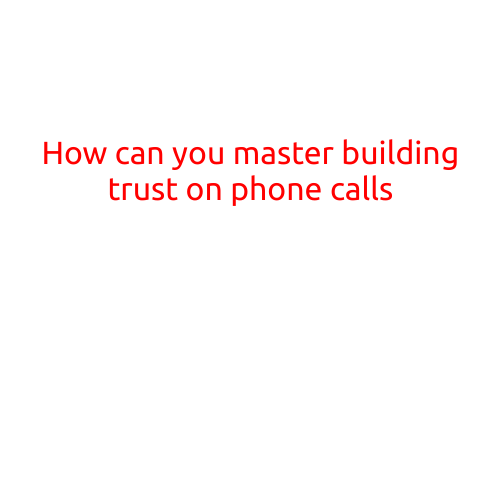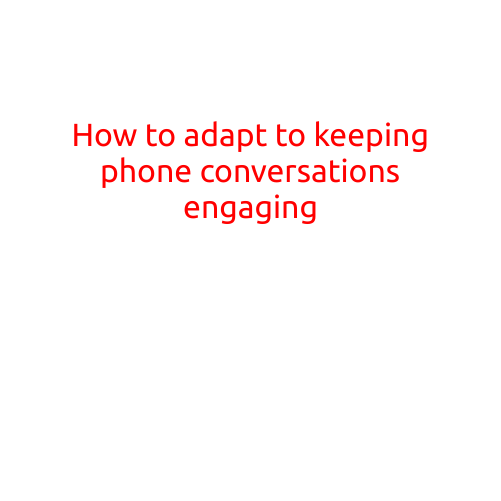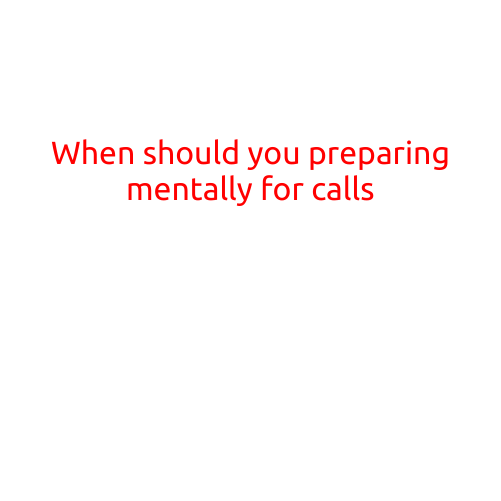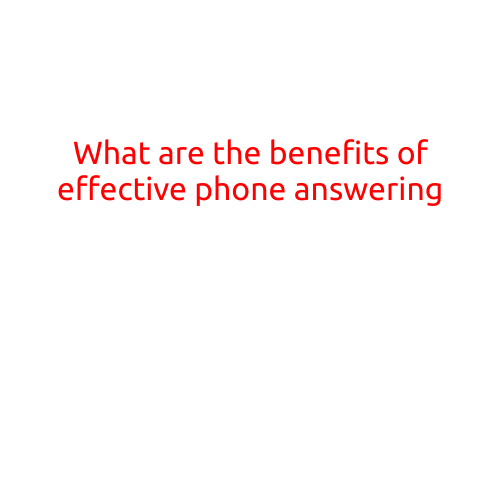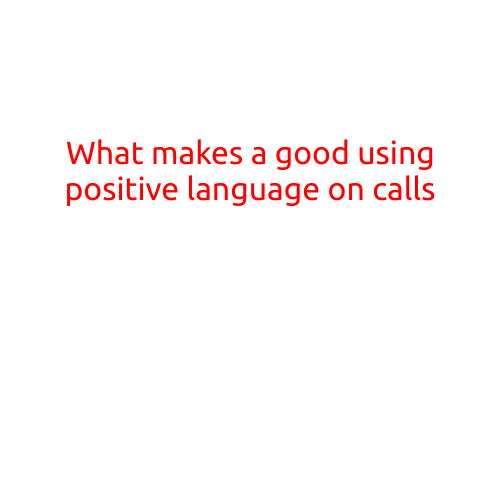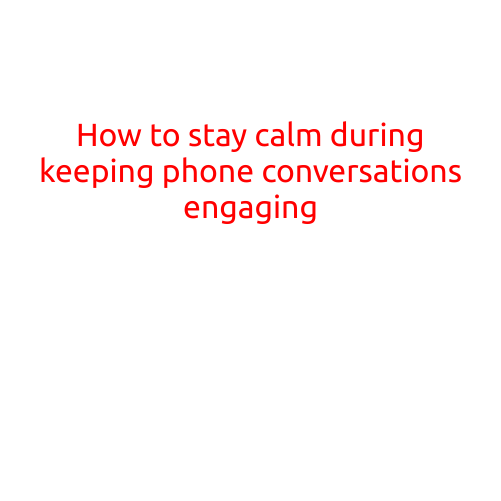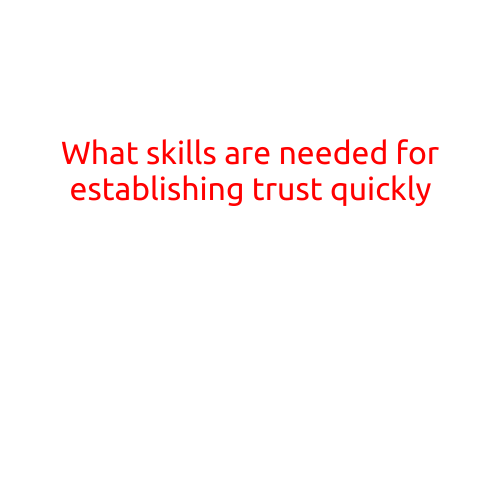
What Skills are Needed for Establishing Trust Quickly
Building trust is a crucial step in any personal or professional relationship. When you establish trust quickly with someone, you set the stage for a strong and lasting connection. But what skills are needed for establishing trust quickly, and how can you develop them?
Active Listening
Active listening is the foundation of building trust. When you truly listen to the other person, you show that you value their thoughts and opinions. This helps to create a sense of safety and understanding, which in turn, fosters trust. To develop active listening skills, make eye contact, avoid interrupting, and ask open-ended questions.
Emotional Intelligence
Emotional intelligence (EI) is the ability to recognize and understand emotions in yourself and others. People with high EI are better equipped to build trust because they can empathize with others and manage their own emotions effectively. To develop EI, practice self-awareness, recognize emotions in others, and learn to manage your own emotions.
Honesty and Transparency
Honesty and transparency are essential for building trust. When you are truthful and open in your communication, you build credibility and trust. To develop honesty and transparency, practice authentic communication, avoid secrecy, and be willing to admit when you’re wrong.
Consistency
Consistency is key to building trust. When you are reliable and consistent in your words and actions, you show that you are dependable and can be counted on. To develop consistency, set clear boundaries, follow through on commitments, and maintain a steady pace.
Empathy
Empathy is the ability to put yourself in someone else’s shoes and understand their perspective. When you show empathy, you demonstrate that you care about the other person’s feelings and concerns. To develop empathy, practice active listening, ask open-ended questions, and try to see things from the other person’s point of view.
** Accountability**
Accountability is the ability to take ownership of your actions and their consequences. When you are accountable, you build trust by showing that you are responsible and reliable. To develop accountability, take ownership of your mistakes, apologize sincerely, and make amends when necessary.
Non-Judgmental
Non-judgmentalism is the ability to see things from a neutral perspective without passing judgment. When you are non-judgmental, you create a safe space for others to open up and share their thoughts and feelings. To develop non-judgmentalism, practice active listening, avoid criticizing or blaming, and focus on understanding rather than judging.
Open-Mindedness
Open-mindedness is the willingness to consider new ideas and perspectives. When you are open-minded, you build trust by showing that you are willing to learn and grow. To develop open-mindedness, practice asking open-ended questions, be willing to change your mind, and consider alternative viewpoints.
Conclusion
Establishing trust quickly requires a combination of skills that help you build strong, lasting relationships. By developing active listening, emotional intelligence, honesty, consistency, empathy, accountability, non-judgmentalism, and open-mindedness, you can build trust with others and create a foundation for strong, long-lasting relationships.
Remember, building trust takes time and effort, but with practice and commitment, you can develop the skills needed to establish trust quickly and effectively.
